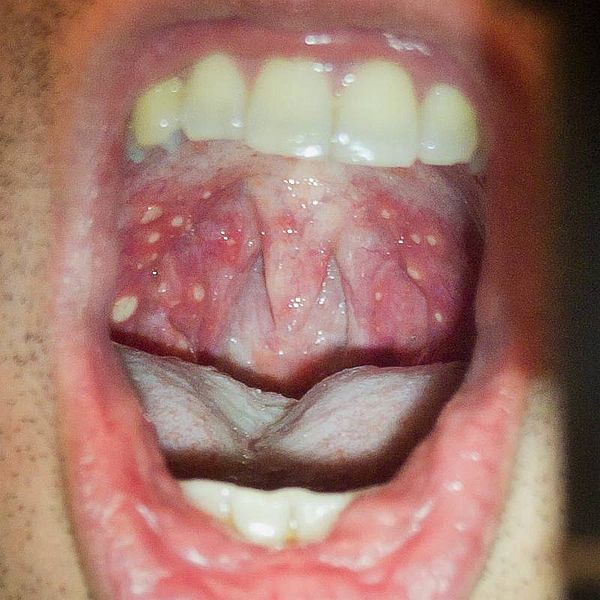Officials with Florida State University (FSU) in Tallahassee have reported a spike in cases of the viral, childhood disease, hand, foot and mouth disease (HFMD) during the past week prompting University Health Services (UHS) to issue an alert.
“We are aware of more than a dozen cases so far,” Lesley Sacher, director of the FSU Health and Wellness Center, said Wednesday.

Image/shawn c
HFMD is typically a benign and self-limiting disease. Most common in young children, it presents as fever, oral lesions and rash on the hands, feet and buttocks. The oral lesions consist of rapidly-ulcerating vesicles on the buccal mucosa, tongue, palate and gums. The rash consists of papulovesicular lesions on the palms, fingers and soles, which generally persist for seven to 10 days, and maculopapular lesions on the buttocks.
It is spread to others by close personal contact, coughing or sneezing or by contact with contaminated objects and surfaces. It can be difficult to eradicate in schools, group living communities and daycares. Although it is not serious for most people, the infection can cause significant pain while eating, walking and writing.
Hand, foot, and mouth disease is caused by viruses that belong to the Enterovirus genus (group). This group of viruses includes polioviruses, coxsackieviruses, echoviruses, and enteroviruses. Coxsackievirus is the most common cause of HFMD.
The university is advising all community living facilities (University Housing, fraternity and sorority houses, scholarship houses, etc.) to sanitize their residences thoroughly and install bottles of hand sanitizer in each residence where they may not already have them.
FSU will continue its sanitation protocols for all public spaces on campus. “Students should take the necessary precautions to sanitize their living and communal spaces including bathrooms,” said Tom Jacobson, director of Environmental Health & Safety.
The county health department has been notified.
According to the US Centers for Disease Control and Prevention (CDC), there is no vaccine to protect against the viruses that cause hand, foot, and mouth disease.
A person can lower their risk of being infected by washing hands often with soap and water, cleaning and disinfecting frequently touched surfaces and soiled items and avoiding close contact such as kissing, hugging, or sharing eating utensils or cups with people with hand, foot, and mouth disease.
Related:
- Seattle: 2nd Legionnaires’ disease death at UWMC, water supply tests positive
- Shigella outbreak at Zephyrhills school
- Florida Zika case count now 71, CDC provides additional lab support


3 thoughts on “Hand, foot and mouth disease spike reported at Florida State University”